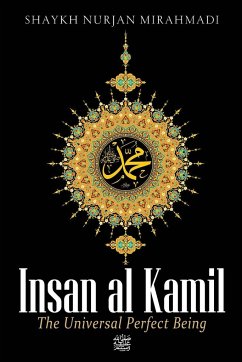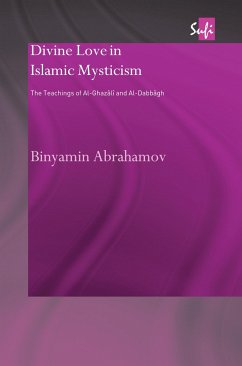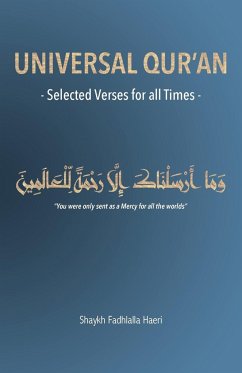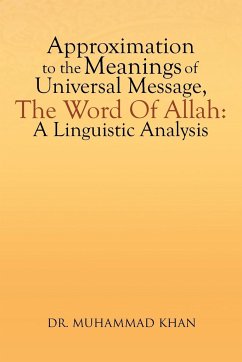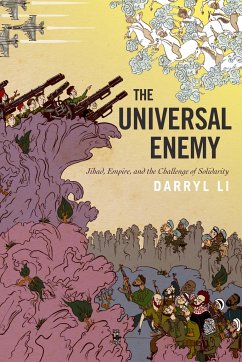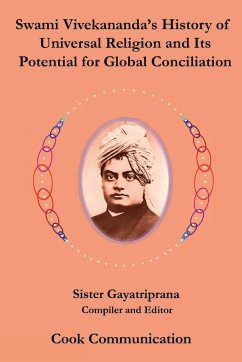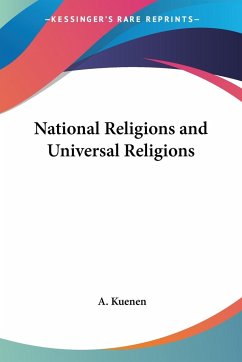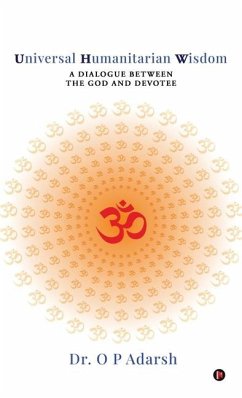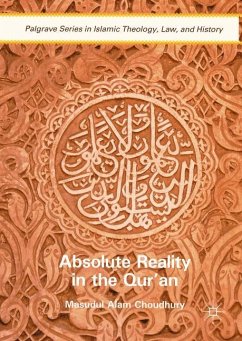Nicht lieferbar
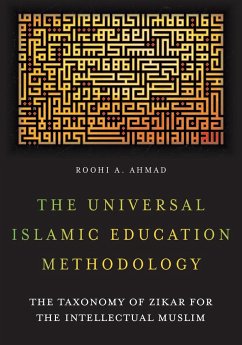
The Universal Islamic Education Methodology: The Taxonomy of Zikar for the Intellectual Muslim
Versandkostenfrei!
Nicht lieferbar
Have we ever wondered why Allah swt uses His name as Allah some places and Rabb in the others? Have we ever wondered what the difference between momin and muslim is? Can we make an argument to prove their meanings from within the Quran? Have we ever wondered why Allah swt uses the word zikar so extensively throughout the Quran; or what the meaning of the word zikar is; or how the meaning of zikar is different from talu, qara, and ratal; and even why there are talu, qara, and ratal, the three different words for reading the Quran? Or have we ever wondered why we are plagued by all kinds of cata...
Have we ever wondered why Allah swt uses His name as Allah some places and Rabb in the others? Have we ever wondered what the difference between momin and muslim is? Can we make an argument to prove their meanings from within the Quran? Have we ever wondered why Allah swt uses the word zikar so extensively throughout the Quran; or what the meaning of the word zikar is; or how the meaning of zikar is different from talu, qara, and ratal; and even why there are talu, qara, and ratal, the three different words for reading the Quran? Or have we ever wondered why we are plagued by all kinds of catastrophes? Or why is there so much chaos and conflict in the world, and how can we solve these problems? If we have not wondered about such questions, the reason is that we have not read the Qur'an in its true sense. Today's Muslims have two main objectives for their children: success in this world and triumph in the life hereafter. Muslim children need natural and social knowledge, but to fully enrich their minds, they also need to learn about the Quran and Islamic traditions. Many Islamic schools in North America are pursuing both of these objectives, but educators often feel that merging these two goals is too difficult. Having spent years teaching in Islamic schools and conducting a wealth of research, Roohi A. Ahmad has observed firsthand how complex the enterprise of Islamic education is. She has also witnessed the void of learning outcomes, teaching goals, and, most importantly, a clear vision and methodology for Islamic education. She has sought to remedy that situation in this book. It provides a practical methodology designed to help Muslim educators create a state-of-the-art Islamic education system that will lead to fully formed students who can function well in this world and ensure a positive outcome in the world to come.






